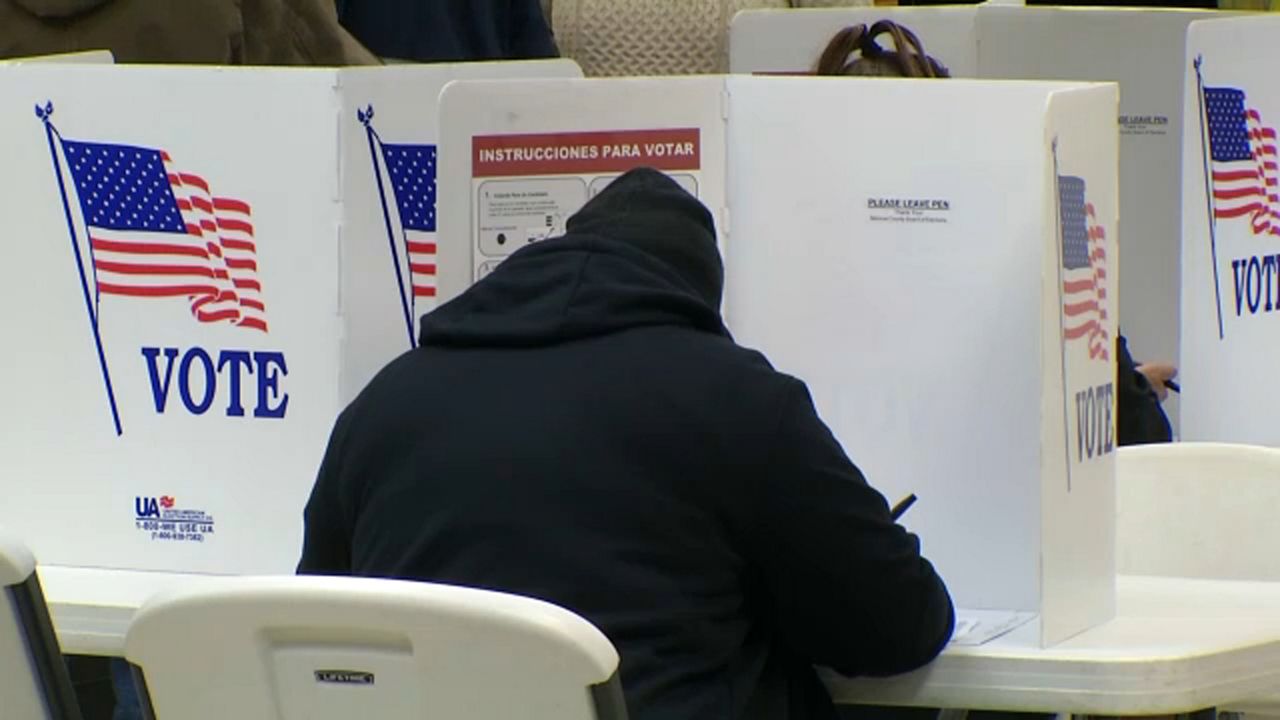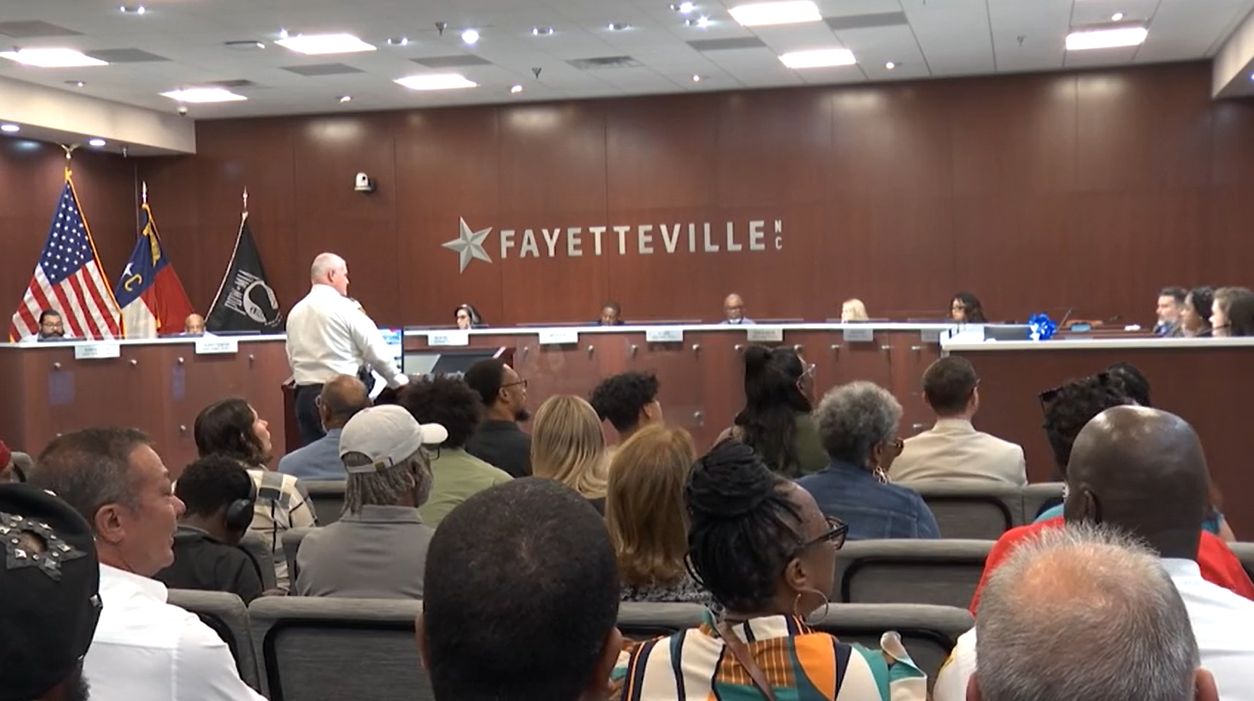RALEIGH, N.C. — Barely a day after the request came in, the state House voted late Wednesday to permanently move the capital's municipal elections to even-numbered years.
The move is a response to delays in getting the census data used to redraw city council districts.
If the bill becomes law, it would move Raleigh's October 2021 municipal election to November of 2022, with elections coming every two years thereafter. This would mean Raleigh's current city council would remain in office for an additional 13 months.
The 2020 census data cities and the state use to draw legislative districts is delayed due to the COVID-19 pandemic. Officials currently expect it won't be available until Sept. 30. That's too late for Raleigh's election.
City Attorney Robin Tatum said the current council districts were drawn using 2010 census data. Given the city's growth, it is now almost certain they no longer meet the requirement that the population of all districts remain within 5%.
Election officials said about 60 municipalities that elect officials by district have elections scheduled for this fall. This includes some of North Carolina's largest cities, including Raleigh, Charlotte and Greensboro.
The provision to set a new election day in Raleigh is part of a larger bill that reschedules municipal elections for next year if they involve electing members by district. The main bill moves those elections to March.
Not every affected municipality is asking for a new timeline. Officials in Cary said they are redrawing their districts using a combination of 2019 census estimates and their own data on new homes and other indicators. They said unlike the state, they aren't required to use data from the decennial census. They plan to hold their elections this fall as planned.
Also Wednesday, the House approved identical legislation for a cluster of towns in Craven County: Havelock, Bridgeton, Cove City, Dover, River Bend and Trent Woods, along with the First Craven Sanitary District. Like the bill dealing with Raleigh, this was a modification to a Senate bill, so the legislation has to go back to that chamber.









